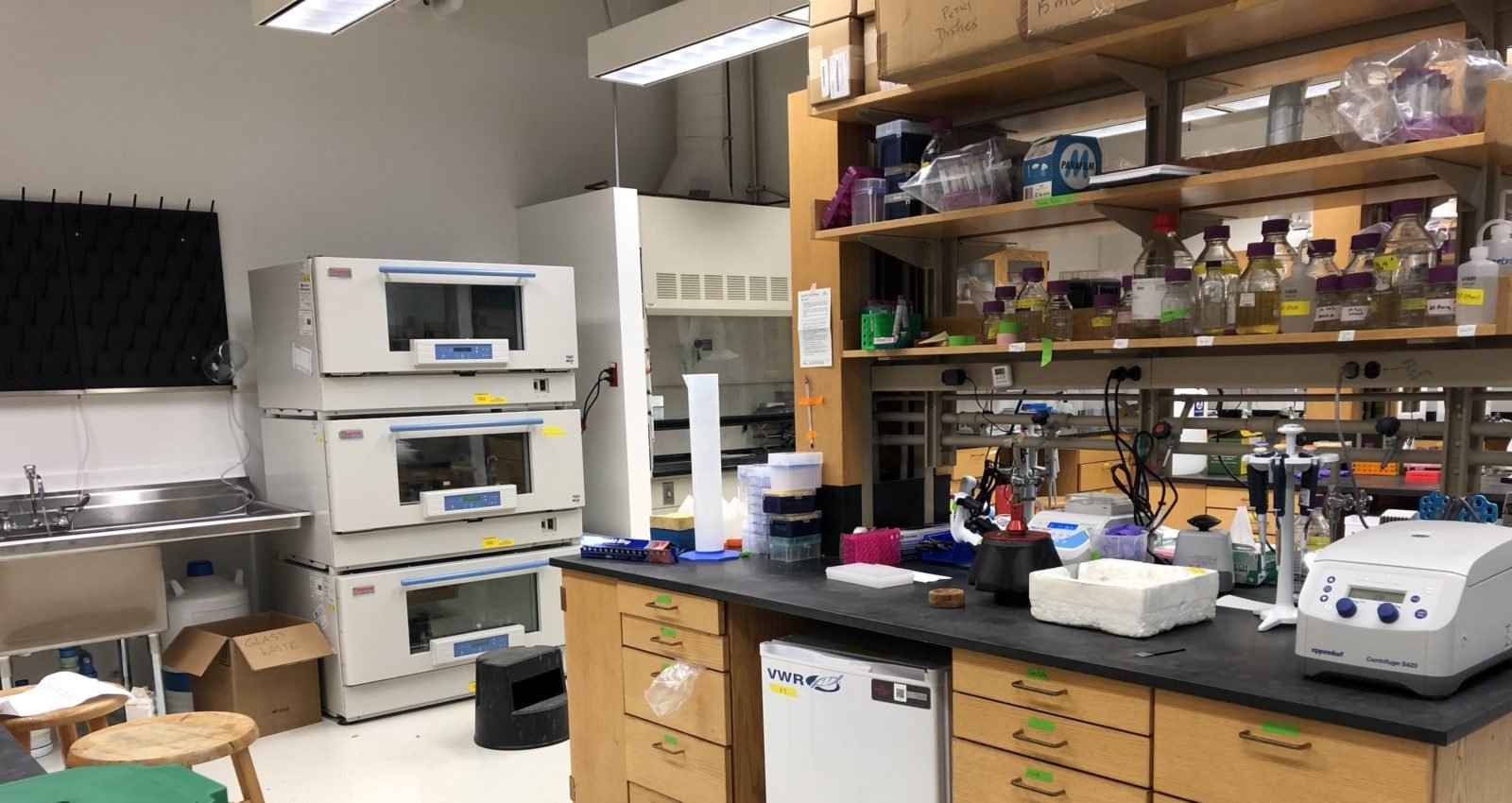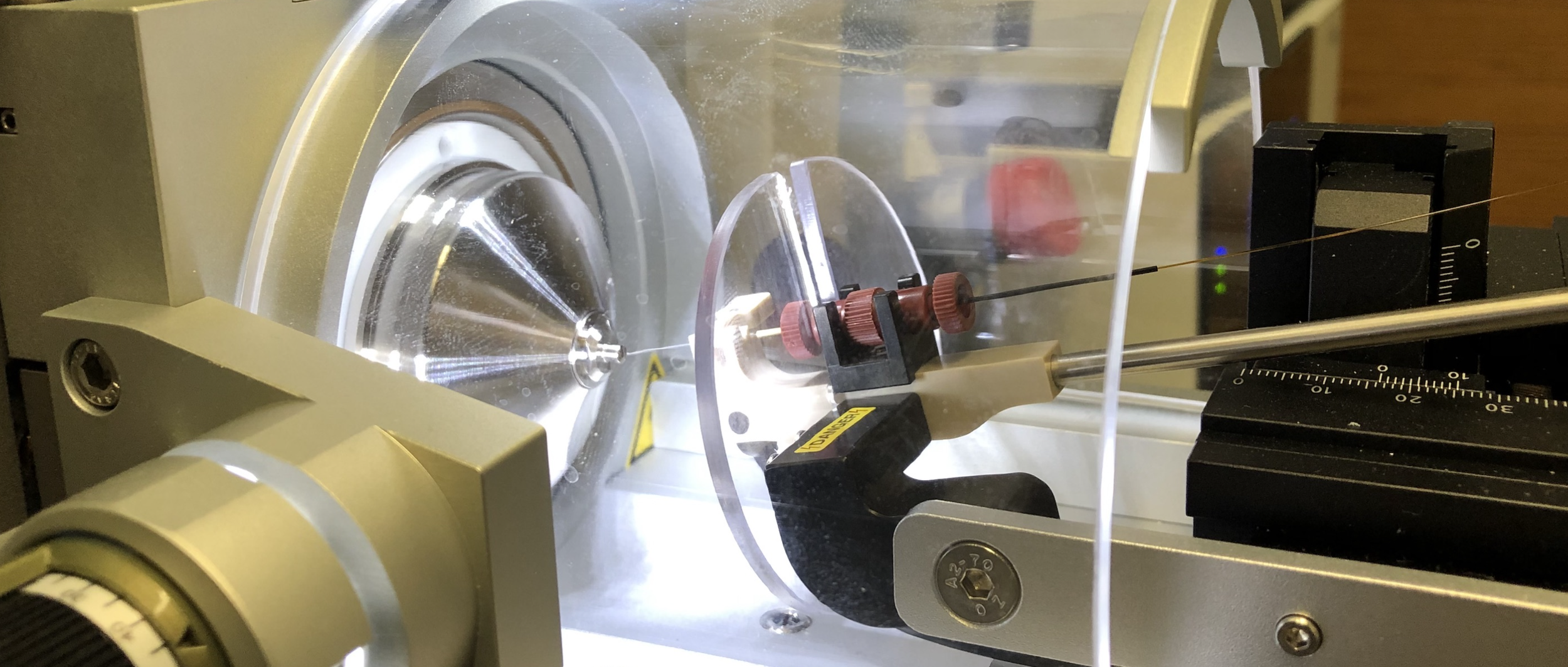
Fried Lab
protein folding biophysics // mass spectrometry proteomics
Johns Hopkins Chemistry and Biophysics
We study Protein Folding from a Proteomics Perspective.
Protein folding is the process through which the information encoded in our genes takes shape into functional macromolecules.
We study protein folding from a holistic perspective. Our goal is to connect the basic biophysics of these macromolecules and their structures to the broader context of cell biology, aging biology, and prebiotic biochemistry.
We Develop and Use Structural Proteomics Methods.
In order to interrogate protein folding at the proteome scale, we make use of mass spectrometry methods that can interrogate protein structure, which represents an emerging subfield called structural proteomics. Our lab specializes in crosslinking mass spectrometry (XL-MS) and limited proteolysis mass spectrometry (LiP-MS) in order to capture structural information globally, sensitively, and in vivo. These methods draw from advances at the intersection of mass spectrometer instrumentation, data analysis, and computational biology.
Hasn’t AlphaFold Already Solved This?
We don’t think so! Artificial Intelligence has astonished the world in its capacity to produce accurate predictions of protein structure. But this is only because we have such a surfeit of experimental data on correctly-folded proteins to start with. We have comparatively little data on what misfolded proteins look like, the pathways that are involved in producing them, and how the cells recognize and repair them. Our research seeks to address these questions, and to do so at scale, so that future algorithms can generalize this knowledge.
We Are Defined by Five Core Values:
1– We believe that scientific discovery and technical development go hand-in-hand.
2– We collaborate frequently, openly, and across the world. We believe that the best science happens when we’re not fixating on who gets the credit.
3– We question basic dogmas about biochemistry and biophysics. This is engendered by a lab culture with little hierarchy and in which there’s no dumb question.
4– We believe firmly in Open Science, data sharing (both raw and processed), and transparency.
5– We are committed to building an inclusive and welcoming team that celebrates the diversity of the lived experiences of its members. We believe that this work not only helps specific communities who have historically been marginalized in STEM; it also helps all of us thrive as scientists and humans.








